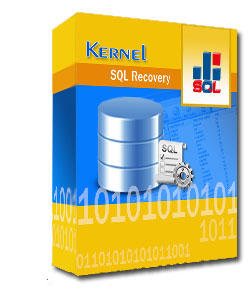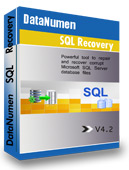Software-defined WAN for a better application performance
Manage network and application quality of experience while building in fail-over protection
Define your multi-element WAN
Combine and intelligently manage up to 12 Internet transports (such as MPLS, T1, DSL, Cable, fiber, satellite or 3G, 4G, LTE) from any of your service providers.
The Exinda SD-WAN network router can monitor, detect and adapt against the fluctuations in your ISP performance as well as your changing traffic profile. Solve network problems automatically and avoid interruptions to your Internet services and applications.
Add bandwidth easily
Add additional bandwidth to your network when you need it. Exinda SD-WAN lets you plug additional broadband lines in to increase your network capacity.
If you rely on a single service provider, you are dependent on a single SLA. By aggregating service providers, you can build your own best-in-class bandwidth solution. Leverage cable modems’ bandwidth, DSL’s dedicated last-mile transport, and the low latency of MPLS—all packaged together.
Complement with Exinda Network Orchestrator
Combining Exinda SD-WAN and Exinda Network Orchestrator provides many added benefits.
In addition to the fail-over and quality-of-service management Exinda SD-WAN offers, Exinda Network Orchestrator delivers greater application visibility, additional and more nuanced application-network-bandwidth management/control, and the ability to accelerate applications for even better performance.
Better uptime – WAN Blackouts
A WAN link failure disrupts the application traffic flowing through that link. With the appropriate Exinda SD-WAN overlay tunnel, you can shield applications from blackouts in near-real-time without affecting the application SLAs. Traffic moves automatically and seamlessly to a fail-over state without requiring users re-start sessions, or causing a disruption of services from traffic moving to new WAN IP addresses.
Sticky routing
Sticky routing is the ability for a traffic flow to be re-assigned onto the original WAN path once that WAN is restored from a blackout. Exinda SD-WAN both provides both sticky and non-sticky routing as configuration options.
Better uptime experience – WAN Brownouts
WAN brownouts are more common and challenging than WAN blackouts. The WAN path still has connectivity, but performance is degraded with packet loss, increased latency or jitter.
Exinda SD-WAN overlay tunneling technology performs in-band and out-of-band measurements in both path directions. It measures packet loss, one-way delay as well as more advanced metrics such as recent history of the path performance. It uses such metrics to make the best decision at a per-packet level to steer an application’s traffic. This detects brownout risk and mitigates it by steering traffic to more optimal paths in real-time.
Application centric tunnels
Exinda SD-WAN overlay tunnels can monitor one-way metrics of various characteristics of the available paths, including the recent performance history, as well as the more direct measurements of packet loss, latency and peak rate. The overlay tunnels leverage advanced algorithms designed for different application flows to optimize application performance over the multiple WAN paths.
Traffic shaping & Dynamic Bandwidth Reservations
Exinda SD-WAN combines traffic shaping for inbound/outbound traffic with dynamic bandwidth reservations. Bandwidth reservation carves out guaranteed bandwidth for different types of traffic flow when they are detected in the network. If not present, the reserved bandwidth is released for consumption by other types of traffic flows.
Application-centric Virtual Network Functions (VNF)
Application-specific overlay tunnels orchestrate WAN resources to work around networking problems without needing human intervention. Exinda SD-WAN assesses various transport parameters to retain WAN connectivity using virtual networks over preconfigured tunnels.
WAN Bonding
Exinda SD-WAN bonds multiple WAN links—which may be from different service providers and different technologies (3G, 4G, 5G, DSL, MPLS etc)—into a single ‘pipe’. This enables more bandwidth, lower latency and increased reliability (redundancy). Such bonding is done automatically and transparently for applications on the network, enabling a true SD-WAN enterprise solution for both small and larger organizations.



















































There are no reviews yet.